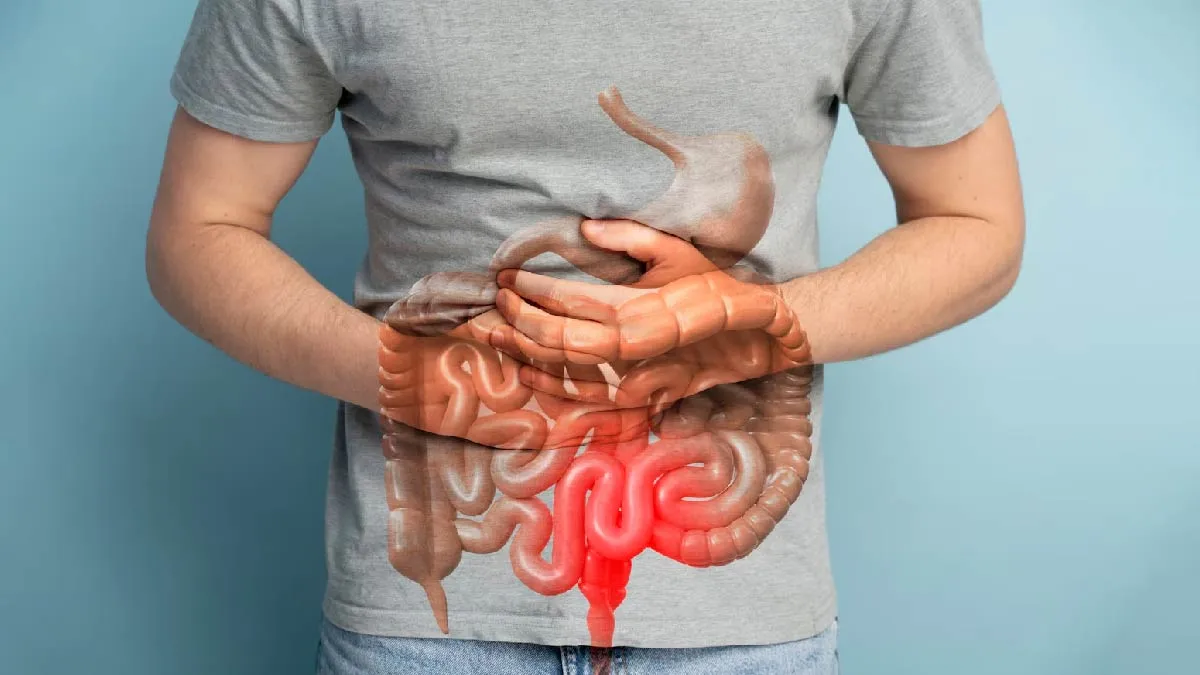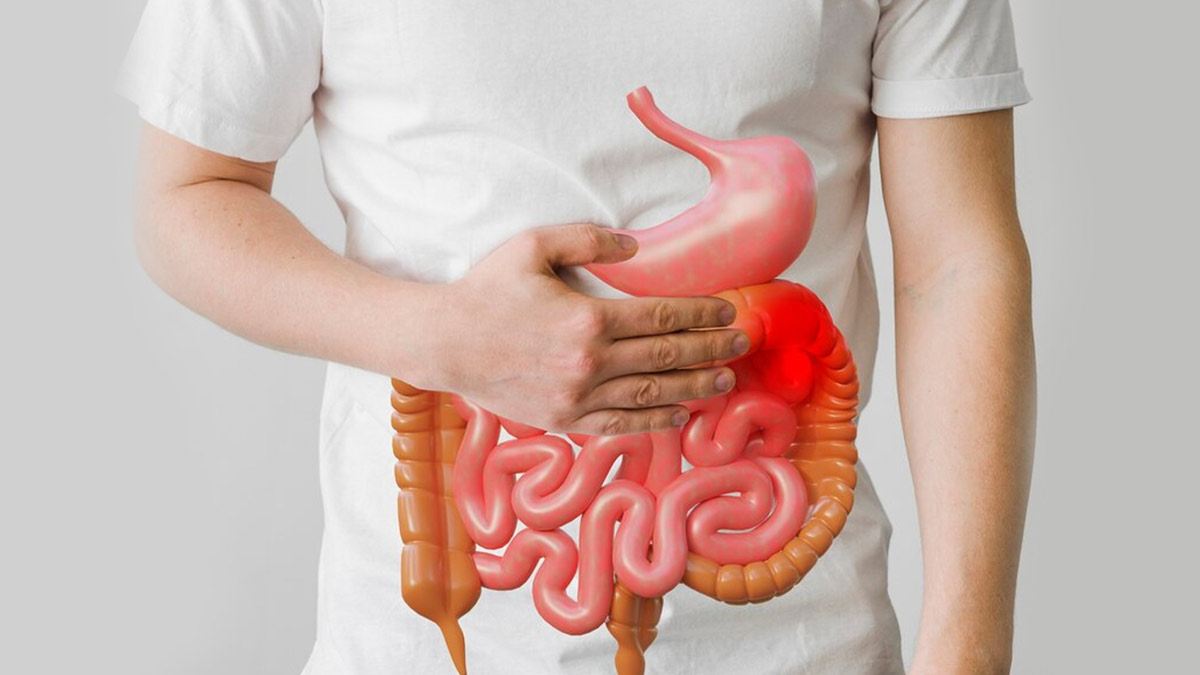
In recent years, more and more adults in their late 40s are getting screened for colorectal cancer. This shift has occurred due to a big change in national screening guidelines, early cancer detection of this previously neglected menace, and providing many with a vital treatment head start.
Table of Content:-
In 2018, the American Cancer Society (ACS) reduced its age guideline for colorectal cancer screening to 45 from 50. This was later followed in 2021 by the U.S. Preventive Services Task Force, which also recommended lowering the age. It has thereby prompted insurance providers and medical professionals to adopt it. According to medical professionals, the main target is to detect cancer early in a younger population.
As per a new study, released last week in the Journal of the American Medical Association, indicates that screenings for colorectal cancer among adults between 45 and 49 years have increased 62% from 2019 through 2023. The better news is that diagnosis of early-stage colorectal cancer in this group increased by 50% over one year alone (2021-2022), making treatment more tractable and outcomes more positive.

Why the Rise Matters
Colorectal cancer is now the most common cause of cancer death in men younger than 50. Historically, patients in their 40s were diagnosed at more advanced stages, when symptoms only began, and treatments were more restricted. The broader screening window is reversing that trend.
Screening also helps detect precancerous polyps, which can be surgically removed before they become malignant. That means a quick test not only detects cancer early, but it can even prevent it.

How to Stay Safe from Colorectal Cancer
Early detection begins with awareness and taking action. Here's how you can:
- Get screened at age 45 (earlier if you have risk factors): If you're 45 or older, it's time to discuss screening with your doctor. If you have a history of colorectal cancer or polyps in your family, your doctor can suggest starting even sooner.
- Eat a plant-based, high-fibre diet: Whole grains, fruits, and vegetables can help keep your colon healthy and lower your risk of cancer.
- Limit drinks and don't smoke: Both increase the risk of colorectal cancer.
- Exercise regularly: Physical activity can reduce your risk of cancer and promote better digestion.
- Understand your family history: Heredity may play a significant role. If a close relative had colorectal cancer, you might need to get checked more often.
Bottomline
If you’re in your mid-40s and haven’t thought about colorectal cancer screening yet, now’s the time. A simple test could be the difference between catching cancer early or not at all. Thanks to updated guidelines and growing awareness, more people are getting screened, and more lives are being saved. Experts suggest not waiting until symptoms show up. Talk to your doctor and get screened.
Also watch this video
How we keep this article up to date:
We work with experts and keep a close eye on the latest in health and wellness. Whenever there is a new research or helpful information, we update our articles with accurate and useful advice.
Current Version